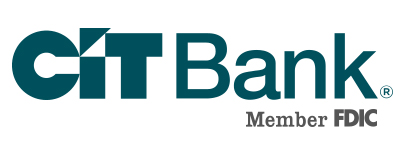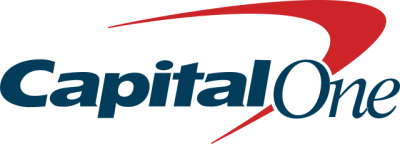Pros:
- Options of personal deposit accounts
- Low required opening amounts
- Business accounts available
- Variety of other products offered
Cons:
- Checking accounts have a monthly fee
- Low-interest rates on accounts
- Amount required to waive fees is high
- Tiered interest rates
Pros:
- Variety of accounts offered
- Competitive interest rates on accounts
- Low opening required amounts
- Add-on option for CDs
Cons:
- Must become a member
- Daily withdrawal limits
- Money market account has tiered rates
- Accounts have monthly maintenance fees
Each type of personal deposit account has more than one option. There are four different checking accounts and three different savings accounts offered. This allows you to find the account to fit your needs best. There are only three different term lengths of CDs offered. A six-month, one-year, and two-year terms.
The HSBC savings accounts all require only $1 to open. The checking account does not have an amount required when you open the account. The HSBC CDs require $1,000 to open.
There are a wide variety of different business accounts offered through HSBC. Savings accounts, checking accounts, and CDs are all available through HSBC. There are loans and credit cards for businesses. There are options for corporate accounts. Different cash management options are also available.
Along with business accounts, HSBC offers a wide variety of other products. That includes credit cards and insurance. They offer options for investing and retiring. There are also different loan options to meet your needs.
HSBC checking accounts have a monthly fee. The fees range from $3 to $50 each month. Most of the fees can be waived by meeting certain requirements. One checking account only allows eight checks or withdrawal slips to be written. After those eight you are charged for each check you write.
Interest rates on HSBC accounts are not competitive. They are much lower than other online-only accounts. Their rates are competitive with other brick and mortar banks.
The amounts required to keep in HSBC checking accounts to waive the fees are high. The amounts range from $1,500 to $100,000, depending on which account you open. Some accounts allow the fee to be waived if you have a direct deposit into the account of certain amounts. Know the fees and requirements to waive the fees before you open an account.
To receive the highest interest rates offered on HSBC accounts you must have a large balance. The savings accounts require $100,000 to earn the best rates offered. Lower amount still earn interest, just a lower rate.
There are a variety of accounts available from GTE Financial. They offer personal savings, checking, and money market accounts. They offer personal CDs, loans, and credit cards. They also offer business accounts and accounts specifically for students.
GTE offers CDs and a checking account with competitive interest rates. The rates are competitive with online accounts. These account interest rates are much higher than typical bank rates. To earn the most competitive rate on the checking account, you must meet set requirements. That includes receiving eStatements, having a direct deposit over $500, and 15 debit card transactions each month.
GTE accounts have low amounts required to open. The savings accounts only require $5 to open. To earn interest requires $100. Each of the CD terms require $500 to open. The checking accounts do not have a required amount to open.
GTE Financial CDs offer an Add-On Feature. This allows you to add money any time during the CD term. You must add at least $20 each time you add money to the CD. Sometimes there is a limit of $6,000 you can add to the CD. GTE Financial offers promotions where there is not a cap on the amount you can add to the CD.
Before you can open an account with GTE Financial, you must first become a member of the credit union. You are eligible to join if a family member is a member of the credit union or if you work for a specific company. Your business can join, and living in certain areas makes you eligible to join. If these don’t work, you can join CU Savers, a non-profit educational financial club. There is a one-time $10 fee to become a member.
GTE Financial has daily withdrawal limits. You can withdraw up to $500 per 24-hour period from an ATM. There is a $5,000 limit that you can transfer from another bank into a GTE Financial CD.
The money market account with GTE Financial has tiered interest rates. To earn the most competitive rate on your money requires a balance of $100,000. Balances below this amount earn interest, just not the most competitive rate.
Most GTE Financial accounts have monthly maintenance fees. The checking account fees range from $4.95 to $9.95 each month. The Go Premium checking account has a fee of $4.95. There is no way to waive this fee. You can pay the fee with Go Points, but you cannot waive the monthly fee. There are ways to waive the other checking account fees.


